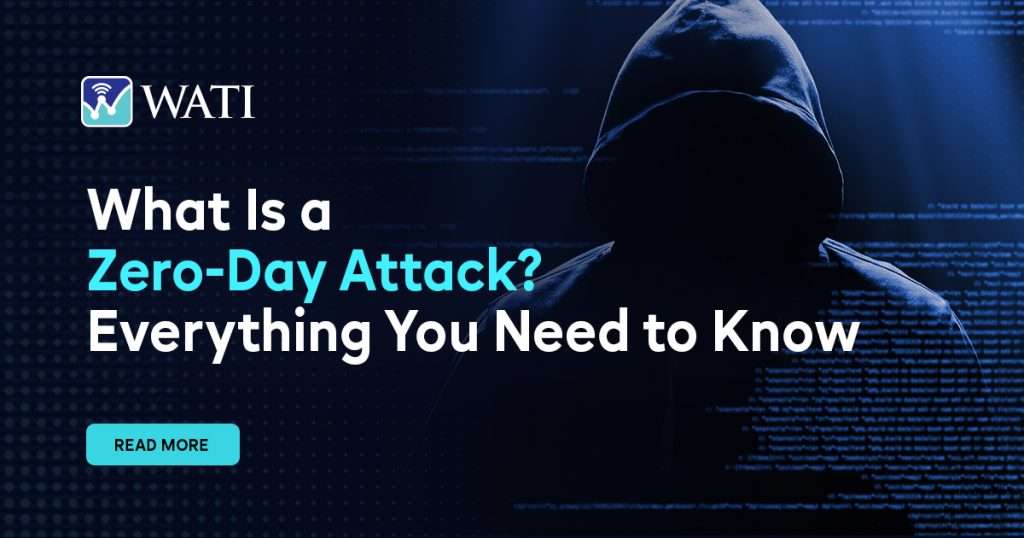The cybercrime landscape has been continually evolving, with new and complex attacking techniques spawning every year, causing businesses to be on their toes when it comes to cybersecurity implementation. While organizations are constantly in search of sophisticated cybersecurity solutions to tackle such attacks, they often forget the importance of a strong password security system. While password management may seem like the most rudiment data security practice, it can also be the easiest way to execute a data breach. All businesses irrespective of how big or small they are should hence prioritize the safety of their critical data from hackers by maintaining strong passwords. While the safety of any organization depends heavily on the strength of its system and network security, that could only be maintained by the creation of unique passwords and access codes.
What Is Password Security?
Password security is an access control strategy that guarantees the security of critical information by only allowing those with the right credentials access to it.
What Are the Impacts of Using Weak Passwords?
With individuals having to juggle a million passwords, one may easily get tempted to use simple passwords or use the same password for multiple accounts. While this may seem convenient at the time, falling for such complacencies can have severe consequences, especially in the corporate world. The detrimental effects of a data breach for an organization may range from financial and intellectual property loss to business disruption and reputational damage. The usage of strong and unique passwords can help businesses avert such scenarios as they could guard sensitive data even if a hacker manages to infiltrate the system.
What Are the Benefits of Using Strong Passwords?
Cybercriminals are constantly trying to break into corporate networks by detecting and exploiting weak authentication. Creating strong passwords makes it much harder for hackers to crack them and infiltrate the network. A complex password acts as an impediment that helps defend the organization against unauthorized access, in addition to offering several other benefits.
- Enables secure login
- Bolsters password protection
- Protects data sharing cycle
- Safeguards confidential and official data
- Protects your digital identity
- Enhances network security
Using strong passwords is imperative to the safety of an organization’s data and network. An unguessable password is what protects your sensitive data from getting into the hands of an unauthorized user.
How Do Hackers Crack Passwords?
There are several different tactics that cybercriminals rely on to crack passwords.
- One of the most popular techniques would be the trial-and-error method that hackers use to break into a system. This type of strategy is also as a brute force attack.
- Another method of hacking known as credential stuffing occurs where attackers steal user credentials, which are then used to try and gain unauthorized access to systems.
- Hackers may also employ a tactic known as a dictionary attack where every word in the dictionary is entered in combination with alphanumeric and special characters, in an attempt to crack the password.
- Another popular method of password hacking is known as keylogging where cybercriminals rely on a software program to record a person’s keyboard strokes to identify sensitive information such as usernames, passwords, and PINs.
- Attackers also make use of social engineering tactics such as phishing to trick users into voluntarily revealing their passwords by disguising themselves as someone representing a legitimate institution or vendor.
- Cybercriminals may also infect a system or a network with malware (also known as malicious software) and steal passwords.
What Counts as a Strong Password?
As weak passwords are easy to crack, choosing complex and unique passwords significantly lowers the chances of them being discovered by cybercriminals. A complex password provides equally strong security for your account and the information within it.
There are certain dos and don’ts that need to be followed while creating a password to make sure it is a strong one.
Dos:
- One way to create a strong password is to think of a sentence and take the initials of each word and use them in combination with random numbers and special characters.
- Make sure your password is at least 8 to 12 characters long and has a combination of letters, numbers, and special characters. Another tip to strengthen your password would be to add at least one upper-case alphabet.
- A password generator is an easy way to come up with a good password. However, make sure to use an offline password generator to prevent the interception of the generated password.
- Another tip is to run your password through tools that check password strength and confirm that it is strong enough.
- As a business, you can ensure no unauthorized user access occurs within the network by incorporating a multi-factor authentication system, wherein a user is required to provide two or more pieces of authentication before they are granted access to the network.
An example of a strong password would be BranSoup@21-Blue.
Don’ts:
- Never use numbers that fall in a sequence such as 12345 or 4321.
- Do not use sequential combinations of alphabets such as ABCDE.
- Avoid incorporating personal details or a combination of such information, i.e., those including birthdates, phone numbers, and addresses.
- Never repeat the username or part of it in the password.
- Do not use dictionary words that could be easily hacked using a dictionary program.
- Never use the same password for multiple accounts.
An example of a weak password would be 1234Amy.
How Can You Manage Your Passwords?
While creating a strong password plays a huge role in evading data breaches, the process of password protection also includes the following password best practices.
- Avoid disclosing your credentials such as usernames and passwords to third parties.
- Do not write down usernames and passwords on a piece of paper or in an unencrypted file.
- Regularly update your passwords.
- Do not use a password that has been used before.
- Do not share your username and password via email.
- Use multi-factor authentication for login and password updation.
- Set a strict policy regarding the complexity and updation frequency of passwords.
- Avoid selecting the “remember password” option for saving passwords on public computers and unknown sites.
With the focus having shifted to modern and sophisticated cybersecurity solutions and platforms, the significance of maintaining strong passwords has unfortunately taken a back seat. While advanced cybersecurity has its own undeniable merits, it would all ultimately fail to protect your organization in the presence of a weak password management system.



